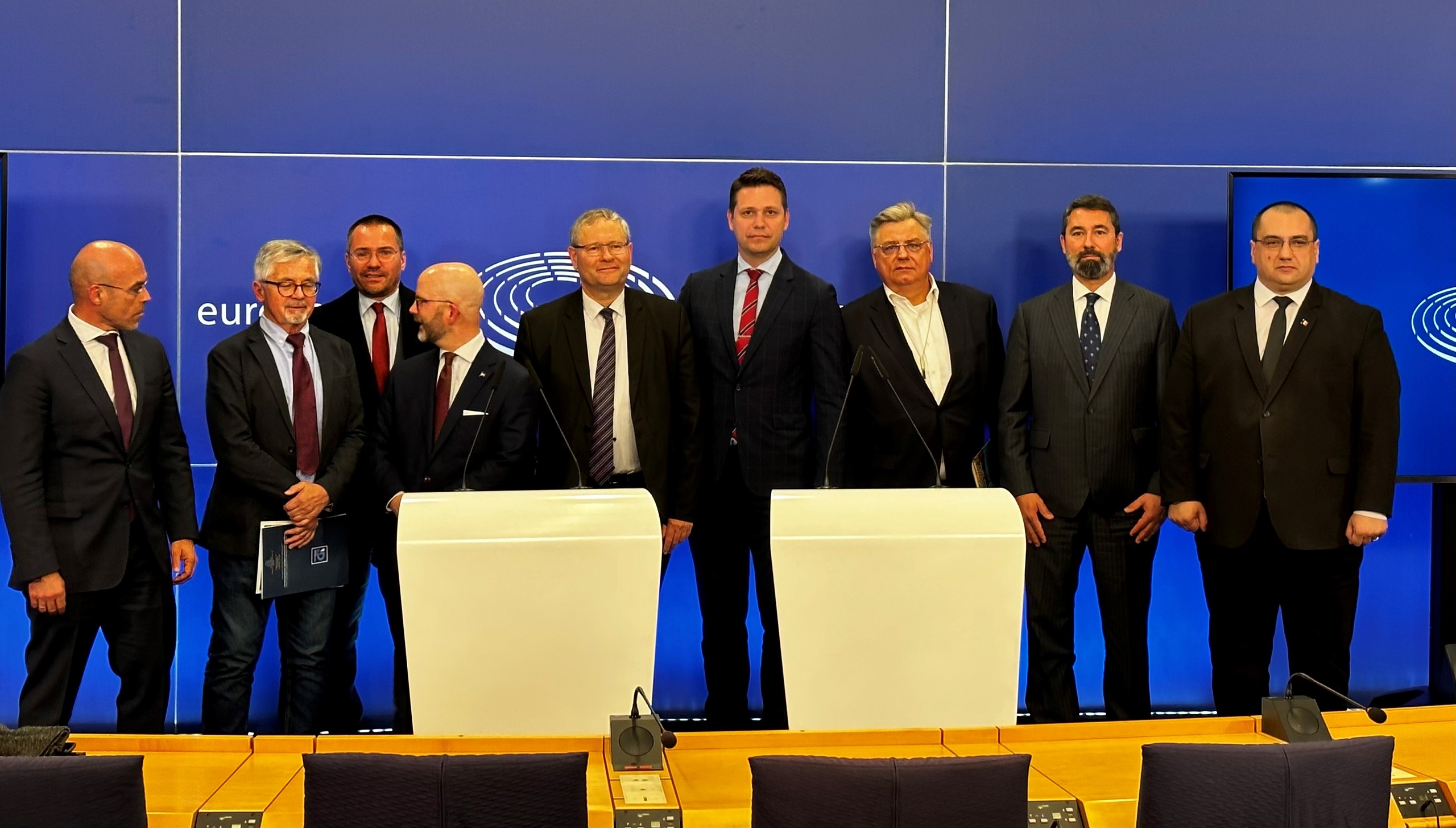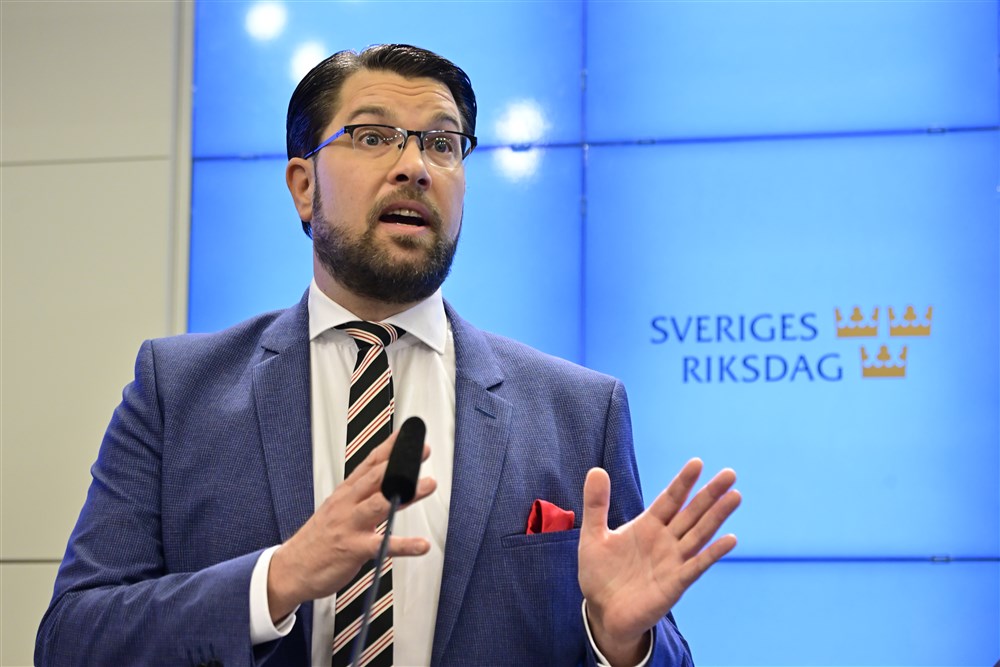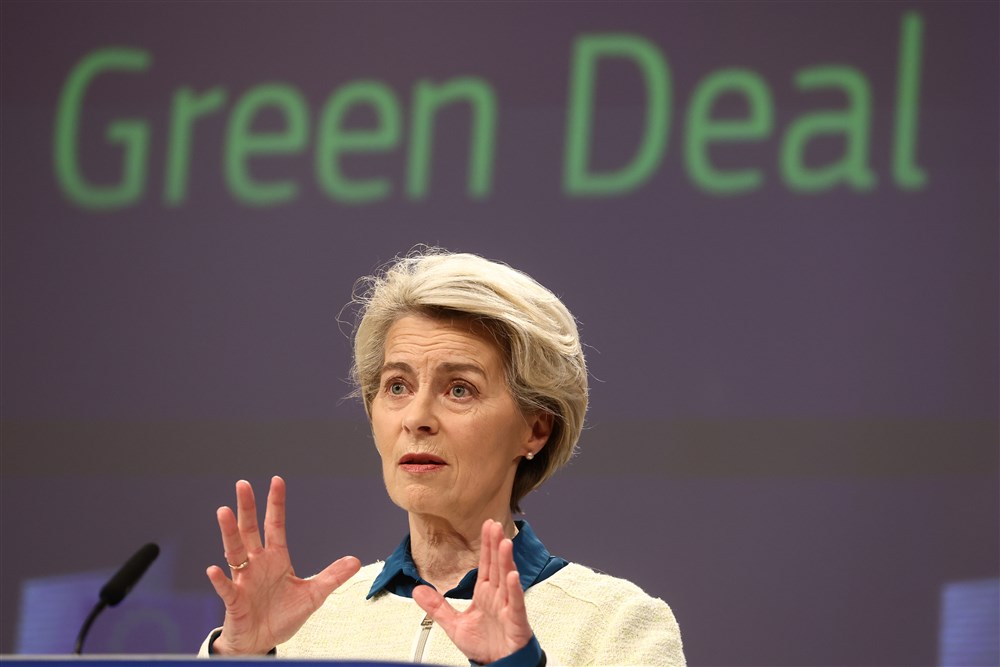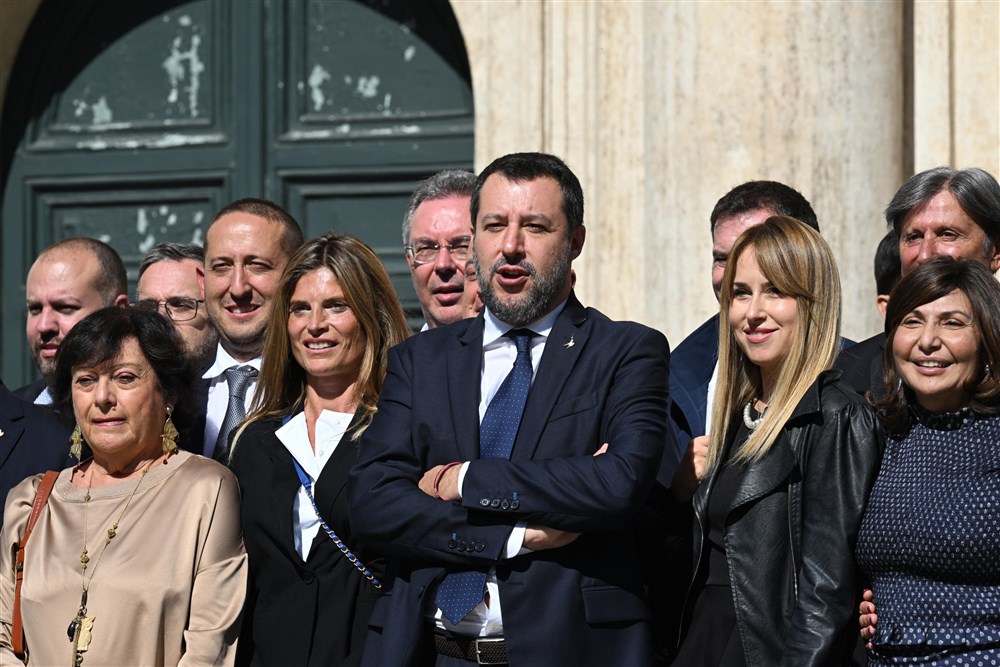In the latest attempt by the European Parliament to promote openness and transparency in response to the Qatargate corruption scandal that implicated several MEPs and officials, lobbyists and NGOs will now be required to officially sign up to the European Union’s transparency register.
Failure to do so will effectively bar such groups from taking part in European Parliament proceedings, either as invited guests or co-hosts, according to the ruling passed by the Parliament’s leadership at a closed-door meeting on Monday. The move is part of the official response to the Qatargate scandal that has reverberated across Europe, with allegations that certain MEPs and officials accepted money from officials representing the Qatari and Moroccan governments in exchange for political influence.
According to an internal briefing document obtained by Euractiv, the new measure aims to enhance transparency by putting in place a “no registration – no participation” ruling, which requires interested parties to be registered on the transparency record before taking part in activities within the premises of the European Parliament.
Alongside that, lobbyists will also be barred from attending political group meetings and those of their internal bodies.
NGO’s have come under scrutiny since their involvement in the Qatargate scandal. Among those in the spotlight is Fight Impunity, an NGO established by Antonio Panzeri, which allegedly acted as a conduit for channelling illicit payments. After police moved into action, Panzeri signed a plea bargain with Belgian justice officials.
The transparency register is the latest of a series of measures taken since the Qatargate scandal broke. On February 8, the political groups within the Parliament backed a set of internal reforms designed to combat corruption. Known as the 14 Metsola points, they were named after the President of the European Parliament.
Among those points, as well as the compulsory registration of meetings involving lobbyists, MEPs, and their staff, there will be stricter regulations regarding former MEP badges, along with a six-month cooling-off period for ex-members before they are granted access to the Parliament.
The reforms also propose regular checks on all lobbyists recorded in the transparency register, including the requirement for them to verify any connections with third countries. Moreover, the plan includes the publication of all meetings with external parties that are related to a Parliament report or resolution, as well as the declaration of any trips abroad.
It is expected that MEPs will formally adopt the new internal rules before the summer recess in July.
It is however still an open question how effective the new measures will be, since as Michiel van Hulten, director of Transparency International EU, pointed out that Euro MPs were only willing to accept lobbying reform that in essence “doesn’t make any difference”.
In February van Hulten said: “On the one hand it’s keen to showboat to voters that it has made progress, that it has learned the lessons of Qatargate, that it’s changed, that it’s imposing stronger rules on lobbying, that it’s being tougher on MEPs when it comes to enforcing the code of conduct.” On the other hand “these MEPs don’t want these rules to be imposed on them. They are in favour in theory, but when it comes to the details they get cold feet”.
Meanwhile, the European Commission is also planning measures regarding NGO’s, consultancies and academic institutions, including introducing a compulsory a registration system when lobbyists are working on behalf of foreign governments.
Such legislation would mirror similar laws in the United States and has provoked strong opposition from the organisations that would likely be affected by the EC ruling.





